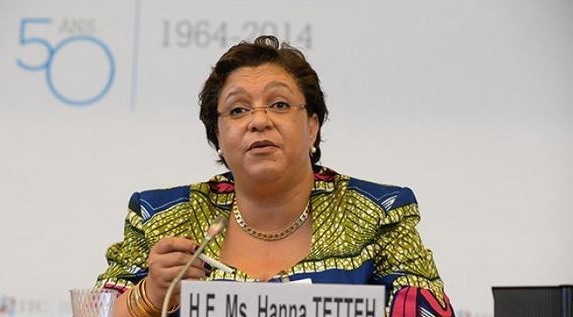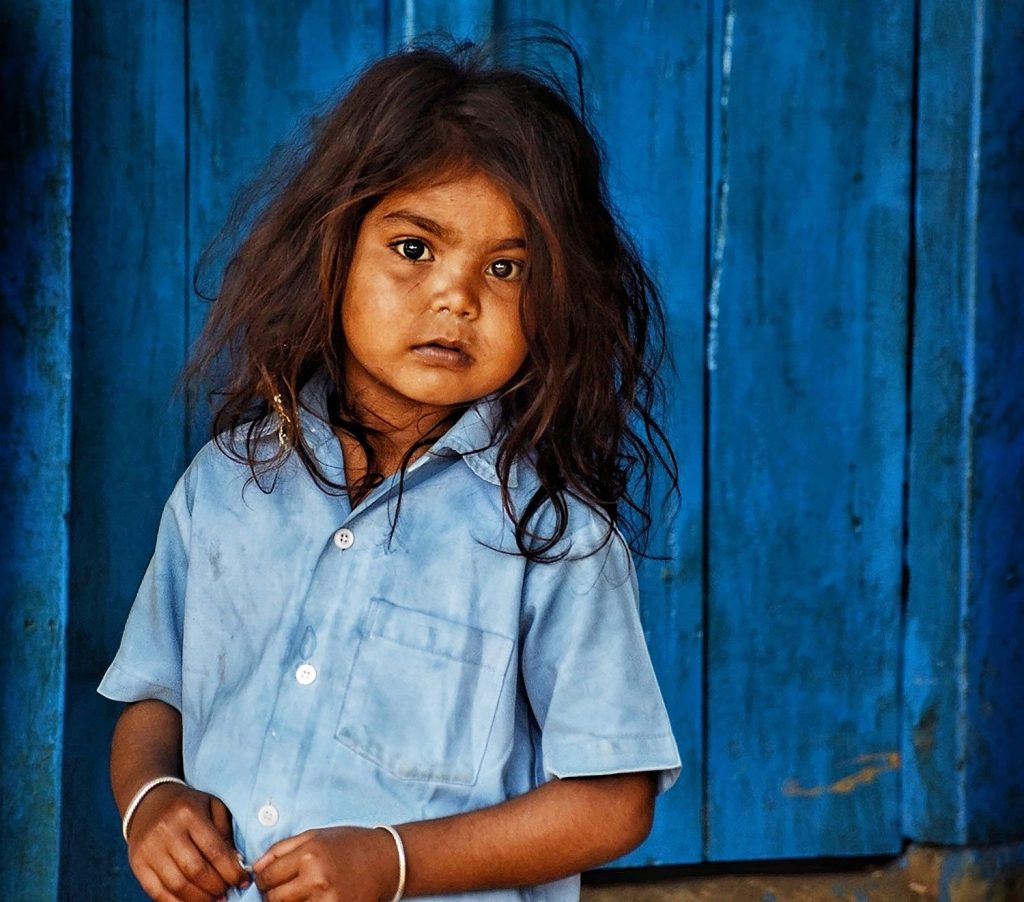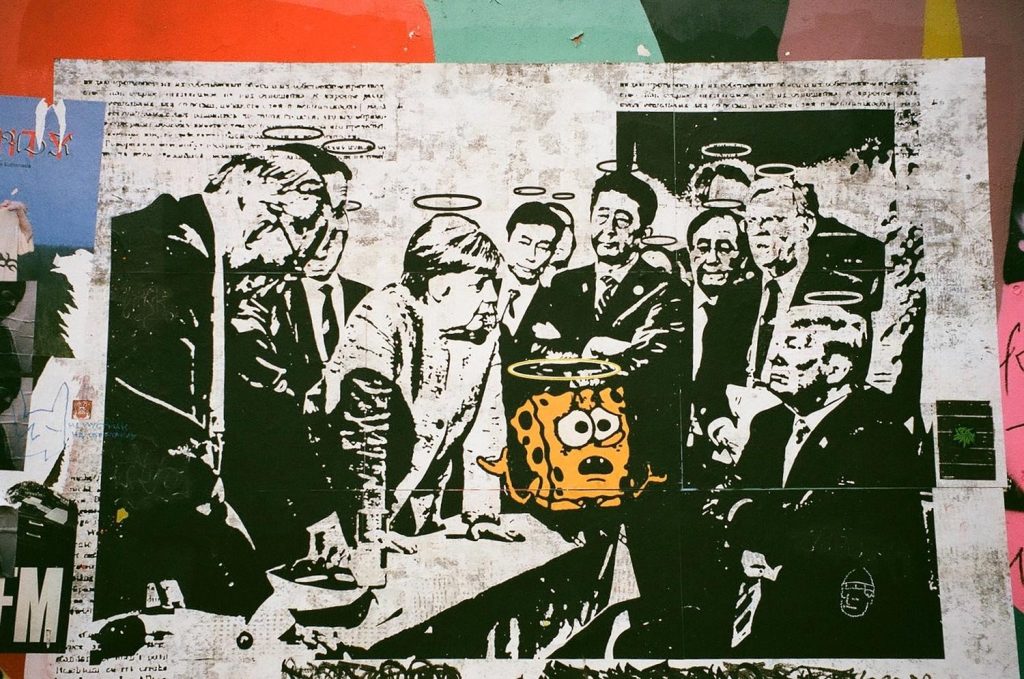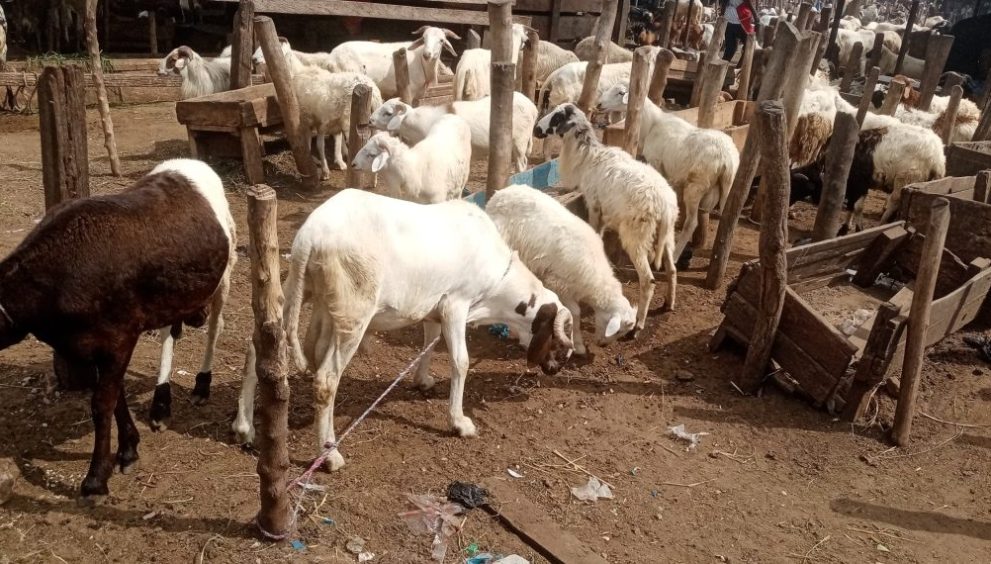Livestock traders lament impact of exchange rate on sales
Traders at the Avenor livestock market in Accra are grappling with unusually low sales during this year’s festive season, attributing the downturn to soaring prices of livestock.
The price hikes, they say, are largely driven by the high exchange rate between the Ghanaian cedi and the West African CFA Franc, which has increased the cost of importing animals from Burkina Faso and other Francophone countries.
As one of Accra’s busiest livestock markets, Avenor typically thrives during the Christmas season, with customers flocking to purchase goats, sheep, and cattle for celebrations. However, 2024 presented a different reality.
The traders say that despite the steady influx of potential buyers, actual purchases have been discouragingly low.
Speaking to Citi News, a frustrated trader shared the challenges faced by those in the business, blaming it on the exchange rate.
“People are not buying the animals, and we don’t know what is happening,” the trader lamented. “That said, the animals are also costly, and we know it is not their fault. It is the Cedi-CFA Franc exchange rate. But we have animals with prices ranging between GH¢800 and GH¢6,000.”
Another trader elaborated on the situation, highlighting how much prices have escalated over the past year.
“The CFA Franc has gone up now, and the goats we used to sell at GH¢1,000 are now GH¢1,500. It is all because of the exchange rate,” the trader explained.
For traders who rely on the Christmas season as a peak period for sales, the current situation has been particularly disheartening. Many had stocked up in anticipation of higher demand, only to find that fewer customers were willing or able to pay the increased prices.





















